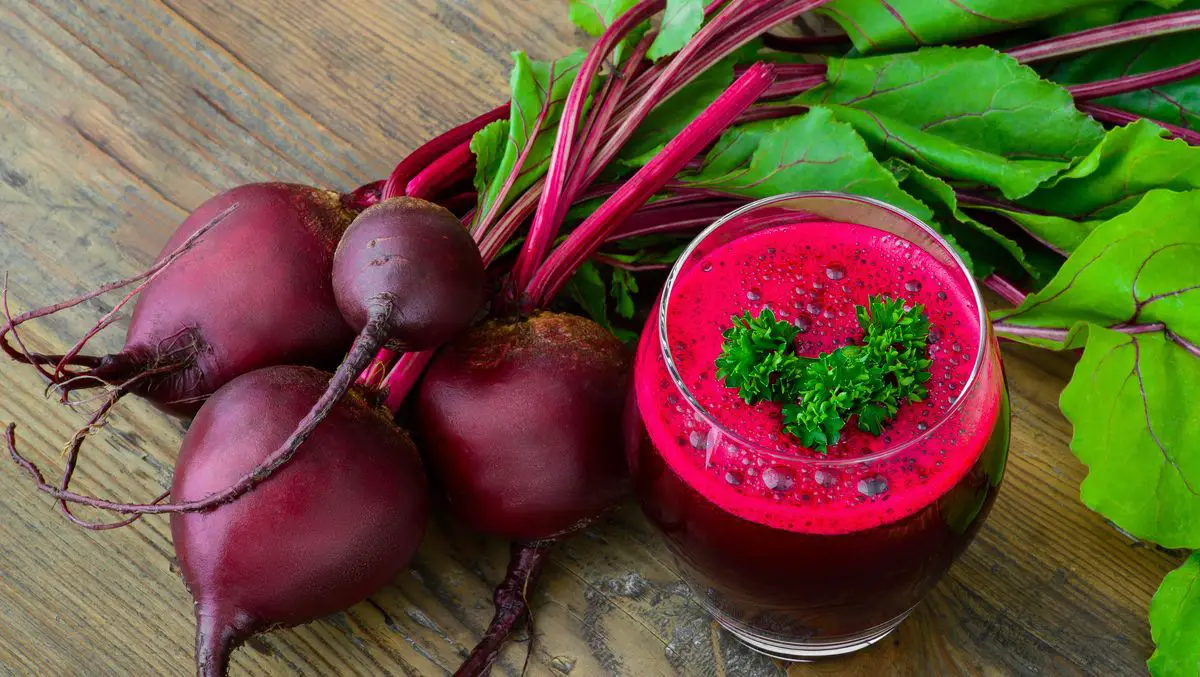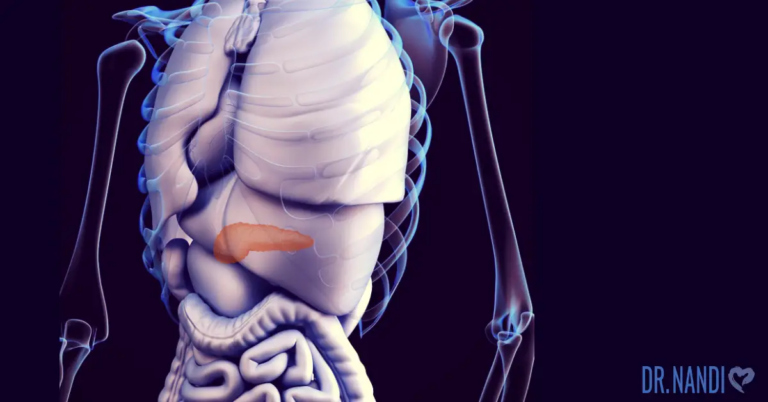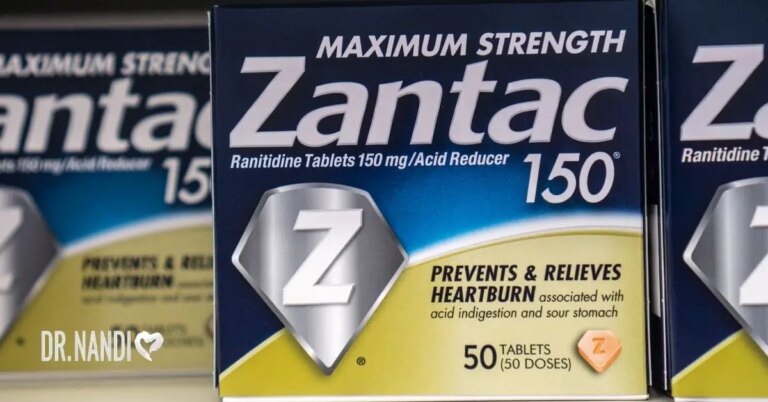Did you know that cardiovascular diseases are the leading cause of death worldwide, accounting for approximately 17.9 million deaths each year? The increasing prevalence of heart-related ailments demands urgent attention to preventive measures and lifestyle changes. [1]
In the quest for solutions, scientists have uncovered a remarkable gem of a nutrient-rich vegetable that has shown promising results in promoting heart health and combating various other health issues. This vegetable is none other than the humble beet.
This article delves into the extraordinary health benefits of beets, backed by various studies, as well as tips on how you can incorporate them into your daily routine.
Beets: The Nutrient Treasure Trove
Beets, scientifically known as Beta vulgaris, have been integral to human diets for centuries. These root vegetables are not only rich in flavor but also pack a powerful nutritional punch. They are a fantastic source of essential vitamins, minerals, and dietary fiber, making them a valuable addition to any balanced diet.
Beets are a treasure trove of nutrients, packed with folate, vitamin C, fiber, and potassium. A single cup (136g) of raw beets provides 37% of your daily folate needs and is low in calories (only 58.5 kcal). Cooked beets offer 12% of daily fiber, 7% each of daily vitamin C, iron, and B6, and 34% of daily folate, along with potassium and magnesium. [2]
The Health Benefits of Beets
From supporting heart health to boosting immunity and promoting digestive wellness, be prepared to be amazed by the incredible advantages that beets have to offer.
1. Blood Pressure Regulation
High blood pressure, or hypertension, is a significant risk factor for cardiovascular diseases. Beets have gained recognition for their potential to lower blood pressure due to their high nitrate content. Nitrates, found naturally in beets, are converted into nitric oxide in the body, which helps relax and dilate blood vessels, improving blood flow and reducing blood pressure.
Drinking beetroot juice significantly lowered blood pressure in individuals with hypertension. In a study published in the Nutrition Journal, participants experienced an average reduction of 4-5 points in systolic blood pressure within hours of consuming beetroot juice. Another study revealed that consuming beetroot juice led to a remarkable 21% increase in nitric oxide levels within 45 minutes. [3,4]
2. Enhanced Athletic Performance
Apart from regulating blood pressure, the nitrate content in beets has been linked to improved athletic performance. Athletes often turn to beet juice as a natural and effective way to boost stamina and endurance. By increasing nitric oxide levels, beets enhance blood flow and oxygen delivery to muscles, resulting in improved exercise capacity.
Research published in the Journal of Applied Physiology demonstrated that drinking beetroot juice improved muscle function and endurance in young adults. Participants experienced a significant increase in muscle capacity after consuming 2/3 cup of beet juice, with effects observed within hours. [5]
3. Anti-Inflammatory Properties
Inflammation is a common underlying factor in many chronic diseases, including arthritis and cardiovascular diseases. Beets contain betalains, pigments responsible for their vibrant color, which possess potent anti-inflammatory properties. While most studies on betalains have been conducted on animals, human studies have shown promising results.
A 2010 study investigated the effects of betalain capsules on patients with osteoarthritis. The participants experienced reduced pain and discomfort, improved joint function, and decreased inflammation markers, suggesting the potential anti-inflammatory benefits of betalains in humans. [6]
4. Brain Health and Cognitive Function
Proper blood flow to the brain is crucial for maintaining cognitive function and preventing neurodegenerative diseases. The nitric oxide produced from the nitrates in beets helps relax and dilate blood vessels, potentially improving blood flow to the brain.
A study published in Nitric Oxide examined the effects of beetroot juice on older adults. The results showed improved blood flow to the frontal lobes of the brain, which are associated with cognitive function. Participants on a high nitrate diet also demonstrated better performance in cognitive tasks compared to the low-nitrate group. [7]

5. Digestive Health
Dietary fiber plays a vital role in maintaining digestive health and preventing various gastrointestinal disorders. Beets are an excellent source of dietary fiber, aiding in digestion and promoting a healthy gut. Adequate fiber intake has been associated with a reduced risk of diabetes, colon cancer, and heart disease.
A study published in The American Journal of Clinical Nutrition investigated the relationship between dietary fiber intake and the risk of developing colon cancer. The findings indicated that a high-fiber diet, including foods like beets, was associated with a significantly reduced risk of colon cancer. [8]
6. Potential Cancer Prevention
While further research is needed to establish conclusive evidence, initial studies suggest that beets may have cancer-fighting properties. A study conducted on human cells found that beetroot extract could inhibit the growth of breast and prostate cancer cells. These preliminary findings warrant further investigation into the potential role of beets in cancer prevention. [9]
How to Add Beets to Your Daily Routine
Understanding the multitude of health benefits that beets offer is only the first step. The next part is incorporating these nutrient-rich vegetables into your daily routine.
Here’s how:
- Include Beets in Your Diet: Add beets to your salads, roast them for a side dish, or even blend them into your morning smoothie. Remember to start slow and allow your body to adjust to this new addition to your diet.
- Check With Your Healthcare Provider: While beets are generally safe for most people, it’s always best to check with your healthcare provider, especially if you have any existing health conditions. Some individuals may need to monitor their intake due to beets’ oxalate content, which could contribute to kidney stones in susceptible individuals.
- Monitor Your Body’s Response: Pay attention to your body’s reaction when you introduce beets into your diet. Some people might experience changes in bowel movements due to the high fiber content or notice a red color in their urine or stools, a harmless condition known as “beeturia.”
Beets are not only a culinary delight but also a powerhouse of nutrients and health benefits. From regulating blood pressure to promoting brain health and aiding in digestion, the advantages of beets are backed by scientific studies. By incorporating beets into your diet and following the recommended preventative measures, you can harness the potential of this remarkable vegetable and embark on a journey toward improved health and well-being.

My Personal RX for Holistic Wellness
As a medical professional, my commitment to health and wellness goes beyond the clinical setting. It is about helping people make lifestyle changes that lead to long-term improvements in their well-being. Here are my personal recommendations for maintaining a healthy balanced diet, managing stress, and improving your overall health:
- Maintain a Balanced Diet: Regularly consume a variety of nutrient-rich foods such as fruits, vegetables, lean proteins, and whole grains. Beets, as discussed above, are a great addition to your diet due to their numerous health benefits.
- Get Regular Exercise: Physical activity has numerous benefits, including stress reduction, weight management, and disease prevention. Aim for at least 150 minutes of moderate-intensity or 75 minutes of vigorous-intensity exercise per week.
- Spend Time in Nature: Natural environments can have a calming effect on the mind and body. Regular walks in a park, gardening, or even sitting outdoors can help lower stress levels.
- Download and Follow My Protocol Ebook: This 50-page guide provides a step-by-step approach to implementing significant changes in your health and life. I designed my free ebook to offer practical advice and strategies that can lead to a healthier lifestyle.
- Take Pure NAC: N-acetylcysteine (NAC) is an antioxidant supplement that can help support overall health in several ways, some of which complement the health benefits of beets discussed above.
Remember, improving your health is a journey, not a race. It’s about making small, consistent changes that add up over time. Consider these recommendations as starting points, and tailor them to your individual needs and lifestyle. Your health and well-being are worth the investment.

References:
- World Health Organization: WHO. (2019). Cardiovascular diseases. www.who.int. https://www.who.int/health-topics/cardiovascular-diseases
- FoodData Central – Beets, raw. (n.d.). USDA. https://fdc.nal.usda.gov/fdc-app.html#/food-details/169145/nutrients
- Coles, L., & Clifton, P. M. (2012). Effect of beetroot juice on lowering blood pressure in free-living, disease-free adults: a randomized, placebo-controlled trial. Nutrition Journal, 11(1). https://doi.org/10.1186/1475-2891-11-106
- Baião, D. D. S., Conte-Junior, C. A., Paschoalin, V. M. F., & Alvares, T. S. (2015). Beetroot juice increase nitric oxide metabolites in both men and women regardless of body mass. International Journal of Food Sciences and Nutrition, 67(1), 40–46. https://doi.org/10.3109/09637486.2015.1121469
- Wylie, L. J., Kelly, J., Bailey, S. J., Blackwell, J. R., Skiba, P. F., Winyard, P. G., Jeukendrup, A. E., Vanhatalo, A., & Jones, A. M. (2013). Beetroot juice and exercise: pharmacodynamic and dose-response relationships. Journal of Applied Physiology, 115(3), 325–336. https://doi.org/10.1152/japplphysiol.00372.2013
- Pietrzkowski, Z., Nemzer, B., Spórna-Kucab, A., & Wybraniec, S. (2010). Influence of betalain-rich extract on reduction of discomfortassociated with osteoarthritis. ResearchGate. https://www.researchgate.net/publication/285978375_Influence_of_betalain-rich_extract_on_reduction_of_discomfortassociated_with_osteoarthritis
- Presley, T. D., Morgan, A., Bechtold, E., Clodfelter, W., Dove, R. W., Jennings, J. M., Kraft, R. A., King, S. B., Laurienti, P. J., Rejeski, W. J., Burdette, J. H., Kim-Shapiro, D. B., & Miller, G. D. (2011). Acute effect of a high nitrate diet on brain perfusion in older adults. Nitric Oxide, 24(1), 34–42. https://doi.org/10.1016/j.niox.2010.10.002
- Kunzmann, A. T., Coleman, H., Huang, W., Kitahara, C. M., Cantwell, M., & Berndt, S. I. (2015). Dietary fiber intake and risk of colorectal cancer and incident and recurrent adenoma in the Prostate, Lung, Colorectal, and Ovarian Cancer Screening Trial. The American Journal of Clinical Nutrition, 102(4), 881–890. https://doi.org/10.3945/ajcn.115.113282
- Kapadia, G. J., Azuine, M. A., Rao, G. S., Arai, T., Iida, A., & Tokuda, H. (2011). Cytotoxic Effect of the Red Beetroot (Beta vulgaris L.) Extract Compared to Doxorubicin (Adriamycin) in the Human Prostate (PC-3) and Breast (MCF-7) Cancer Cell Lines. Anti-cancer Agents in Medicinal Chemistry, 11(3), 280–284. https://doi.org/10.2174/187152011795347504




















